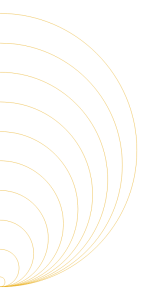An international educational foundation with headquarters in Switzerland, the IB offers three programs – the primary years program, middle years program, and the IB Diploma program. With a large focus on teachers, who are at the center of the program, the IB organizes regular workshops to equip the teachers with the appropriate educational tools at all stages.
The International Baccalaureate (IB) is an international non-profit educational foundation that offers programs for students in the age group 3-19 years. They do not operate any schools of their own. Instead, they support schools that are willing to offer IB programs through the process of qualification and maintenance and accredit them as IB World Schools.


